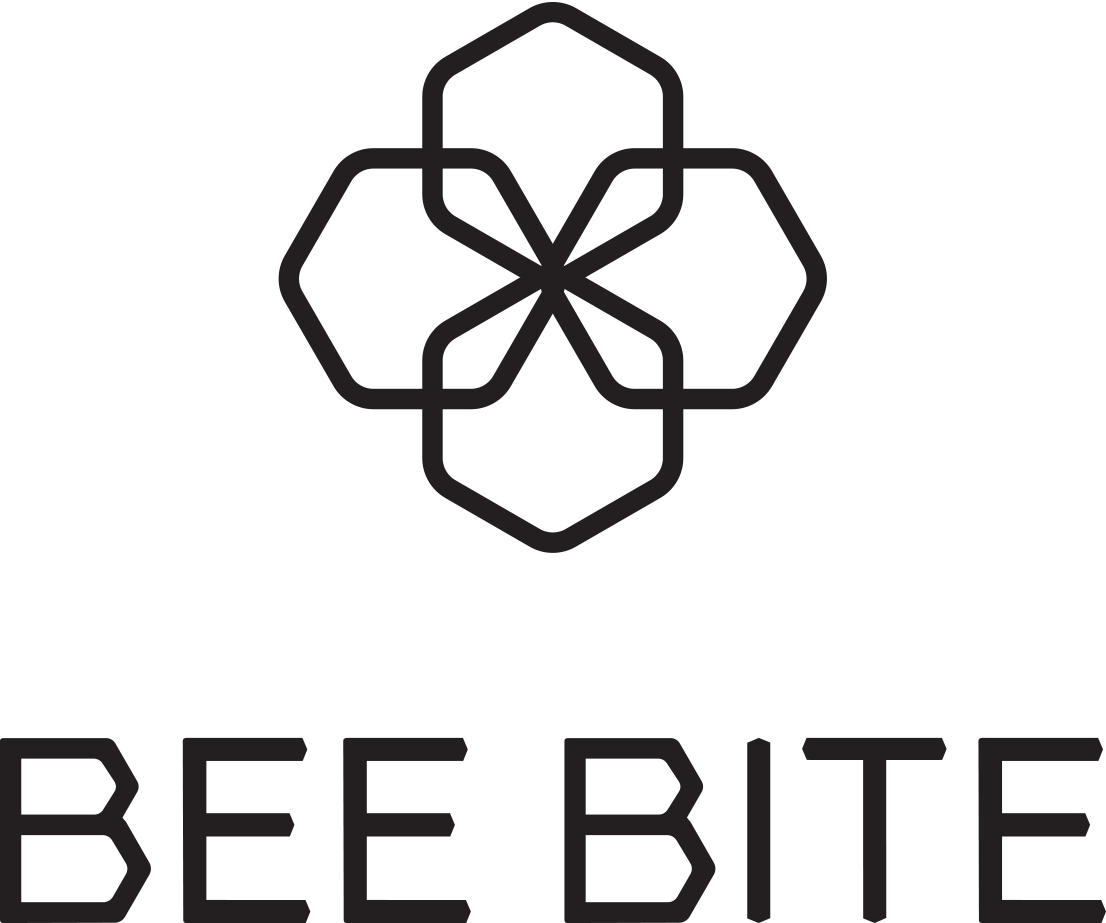IMMUNITY BOOST AND FOUNDATIONS OF A HEALTHY LIFE
It is known that healthy sleep, exercise and strengthening of the body can boost immunity and prevent many diseases.
But how important is proper nutrition?
By reading this article you will learn what to do to boost your immunity and how to fight viruses even during the coldest winter period. The first thing to start with to encourage a healthy lifestyle is a balanced and healthy diet.
1. Vegetables
Vegetables are low in energy and rich in vitamins, minerals and other biologically active compounds. They are a good source of dietary fibre and countless studies have proven them to be valuable for our health.
The human body is unable to synthesise most of the vitamins we need. But the good news is that they can be consumed in sufficient amounts through nutrition. Often we identify the symptoms of vitamin deficiency as a normal daily occurrence, so we neglect getting enough vitamins and other essential nutrients.
Each vitamin has a role to play, and due to a lack of vitamins, symptoms such as fatigue, sleep problems, dry skin and susceptibility to disease can be observed.
Biologically active substances in vegetables and fruits contain physiologically beneficial, health-promoting and disease-preventing effects. They are:
- antimicrobial;
- anti-cancer;
- anti-inflammatory;
- immunity stimulating;
- and anti-oxidative effects.
Why are antioxidants in plant products important? They protect our cells from free radicals, as well as prevent ageing and the breakdown of cells.
Similarly, the dietary fibre in fruits and vegetables is also very important. They promote functions in our body such as:
- coordinated muscle contractions, which encourage bowel movement;
- uniform absorption of glucose for a lasting feeling of satiety;
- decrease in cholesterol levels.
A diet high in dietary fibre reduces the risk of obesity and is an integral part of preventing cardiovascular diseases. Dietary fibre deficiency is also associated with several digestive tract diseases. The recommended daily amount of dietary fibre is 30-35 g.
An interesting fact is that vegetables of different colours provide us with different nutrients. For example, orange fruits and vegetables contain beta-carotene, which is converted into vitamin A, when it enters our body in the presence of fat.
But the dark green vegetables and various varieties of cabbage contain both beta-carotene and vitamin E, which are powerful antioxidants. The more colourful the vegetables and fruits, the more varied biologically active compounds we take in.
Regular use of various plant products can protect you from a variety of diseases – cardiovascular diseases, oncological diseases, harmful microorganisms and inflammation. Likewise, we can also avoid vitamin deficiency and complications related to it.
- Fruits and berries
Fruits like vegetables should be included in our daily diet. They are real treasuries of valuable microelements. To maximise their effect, they should be eaten a few hours before or after the main meal.
Studies have shown that the probiotic effect of the bioactive dietary fibre in fruits and berries improves optimal weight management, overall well-being, as well as healthy ageing. 2 servings of fruit are recommended per day, with 1 serving being 1 large sized fruit.
Some of the widely available fruits and berries are especially valuable due to their content. For example, apples contain many valuable compounds and can be purchased throughout the year. Many studies confirm that apples have the ability to increase the level of antioxidants in serum, reduce oxidative stress levels and prevent damage to DNA.
3. Cereals
Cereals are the main source of energy and dietary fibre for our body.
From cereals widely used in Latvia, it is advisable to choose buckwheat. Buckwheat stands out with its high vitamin and mineral content and provides 3 times more iron than other cereals.
If you are looking for cereals that will improve your diet, rice would be the best choice. Rice contains very little fat, protein and dietary fibre, which prevents overeating. Rice can be safely used by celiac disease patients as rice is gluten free. Whole grain or brown rice contains ten times more dietary fibre than white rice.
Oats are cereals that will give you energy for longer periods of time. They contain 3 times more fat than other cereals and have a high dietary fibre content, providing lasting satiety. Oats contain beta-glucan that reduces cholesterol levels.
When purchasing cereal products, you should prefer whole-grain products because of their higher dietary fibre content. Apples are also recommended for consumption in the case of infectious diseases. Apricots, citrus fruits, blueberries and sea buckthorn will also help fight infections and help in the case that the body is weakened.
Another berry that grows in Latvia and has particularly high added value is sea buckthorn. It beats other berries in a number of positions, especially in its vitamin content. For example, sea buckthorn berries contain 2 to 3 times more vitamin K than other garden and forest fruits and berries. It is a rich source of carotenoids, vitamins C and E and magnesium.
4. Nuts
Nuts differ according to their vitamin and mineral content. They have the ability to boost immunity in both adults and children.
Nuts are a valuable source of protein, vitamin E, magnesium, potassium and contain sterols and other biologically active compounds. They also contain unsaturated fatty acids, which reduce overall cholesterol levels and lower triglycerides.
Nuts are also rich in dietary fibre, thus providing great added value to our diet. In general, nuts are a very valuable product, but it is important to remember that you should not take more than 1 handful of nuts a day, because they are not only valuable, but also rich in calories.
The choice of nuts is very wide – walnuts, cashew nuts, pecans, macadamia nuts, almonds, hazelnuts, pistachios, peanuts, etc.
It is best to choose unsalted nuts, as salt contributes to high blood pressure. If you choose unshelled and unroasted nuts, they will be richer in minerals.
All of the above options for boosting immunity are valuable sources of vitamins. But, is it worth taking extra vitamins and what do they provide to health? Vitamins are essential for the normal functioning of our body, because they provide important protective functions. In fact, they perform countless functions in our bodies and scientists are still trying to understand all the mechanisms that require vitamins to function properly.
We can receive vitamins by consuming a complete and varied diet, but there are also situations, when vitamins have to be taken in the form of dietary supplements. In such cases, you should definitely consult your doctor.
This time let’s look at some of the vitamins and their functions.
Vitamin A, is a fat soluble vitamin that requires the absorption of fats and bile acids. It acts as an antioxidant and is required for the processes of vision. It also promotes the regeneration of skin and the mucous membrane, the formation of bones, and tooth and hair growth. Vitamin A plays an important role in protecting us against cardiovascular diseases, allergies and boosts our immunity.
Vitamin B6, or pyridoxine, is a water soluble vitamin that is involved in the metabolism of more than 100 enzymes. It is involved in supporting immunity, haemoglobin formation and cognitive development. It also helps maintain healthy hair and nails and prevents anaemia.
Vitamin C or ascorbic acid is a water soluble vitamin that needs to be taken regularly because of its low reserves in the body. Vitamin C is a powerful antioxidant that prevents damage caused by free radicals. It also improves iron absorption, participates in collagen synthesis and provides immune function.
Vitamin D is a fat soluble vitamin, the synthesis and exposure to radiation of which is influenced by factors such as the season, time of the day, length of the day, amount of clouds, smog, amount of melanin in the skin, sunscreen and the time spent outside.
It ensures the normal functioning of muscles, promotes calcium absorption in the digestive tract, bone growth and remodelling. Vitamin D is also needed to prevent osteoporosis and to prevent inflammation of the mucous membranes of the eye.
It is virtually impossible to provide the daily intake of vitamin D through the diet, so vitamin D should be taken additionally. To find out how much vitamin D to take, it is necessary to determine the levels of vitamin D in the blood, according to which the doctor will individually determine the required dose of vitamin D.
Vitamin E is a fat soluble vitamin that protects the cell membranes and their components from oxidation. It is a powerful antioxidant that is needed for blood circulation, functioning of the muscles and their development. Vitamin E is also involved in supporting the immune function and promotes the maturation of generative cells.
If deficiency of a particular vitamin is observed in the body, it is most likely that you will have to seek the help of your general practitioner, so that you can decide on the intake of the particular vitamin together. However, in the absence of such complaints and if you wish to boost your immunity naturally, it is worth considering the super-products available in Latvia, such as hemp, pumpkin, linseed oil, pollen, bee bread and other valuable, natural products.









